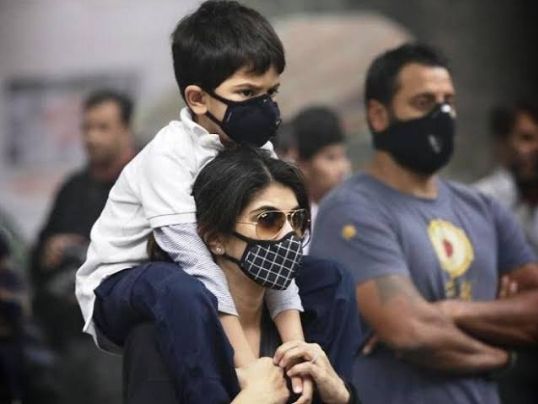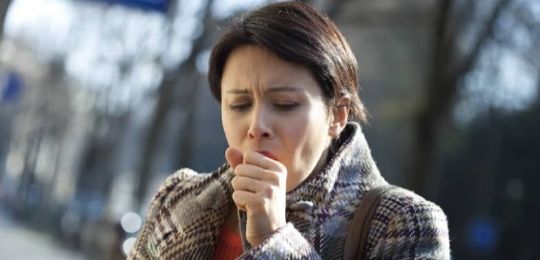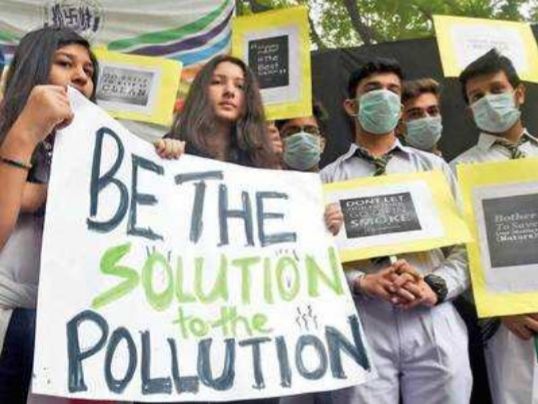A Struggle To Breathe.
May 07, 2019 • 40 views

Theintroduction of harmful materials into the environment. These harmful materials are called pollutants. Pollutants can be natural, such as volcanic ash. They can also be created by human activity, such as ash produced by factories which results in that people are strugglig to breathe. Pollution is increasingat alarming level. From January to December every year large amount of burning fuels in Punjab and Haryana, smog arising from industries, and motor vehicle emissions increase the air quality index.
Agra. Lucknow. Varanasi. New Delhi. India’s most fabled cities are now among the world’s most polluted. Toxic air has become a global problem that kills several million people each year, As the world gets hotter and more crowded, our engines continue to pump out dirty emissions, and half the world has no access to clean fuels or technologies (e.g. stoves, lamps), the air we breathe is growing dangerously polluted nine out of ten people now breathe polluted air, which kills 7 million people every year.
Pollution increased day by day through many human activities as well as other things.
Greenhouse gases are the source of air pollution. Greenhouse gases such as carbon dioxide and methane occur naturally in the atmosphere.
Global warming also a source of pollution.
Ozone layer depletion is also another cause of pollution.

The health effects of air pollution are serious – one third of deaths from stroke, lung cancer and heart disease are due to air pollution. This is having an equivalent effect to that of smoking tobacco, and much higher than, say, the effects of eating too much salt. The pollution is hard to escape, no matter how rich an area you live in. It is all around us. Microscopic pollutants in the air can slip past our body’s defences, penetrating deep into our respiratory and circulatory system, damaging our lungs, heart and brain. Air pollution is closely linked to climate change - the main driver of climate change is fossil fuel combustion which is also a major contributor to air pollution.
Steps to tackle this issue. The odd-even scheme, which was launched some years ago to curb pollution, failed to achieve its objective. The government needs to take more radical steps to curb pollution.

Ban on firecrackers.
Open toll roads where trucks should be be excluded and high-occupancy vehicles exempted from the toll.
Provide separate bus lanes to reduce congestion.
Provide agricultural subsidies to farmers to disincentivise crop burning.
Despite this alarming level of pollution, neither the Union government nor the Delhi government has taken significant steps to plan out a long-term solution. As much as steps taken to overcome with the worst problems of pollution.The problems are diverse and some are only being recognised but it is important to keep a close control over pollution so that we can maintain the environment in an acceptable condition for future generations.
